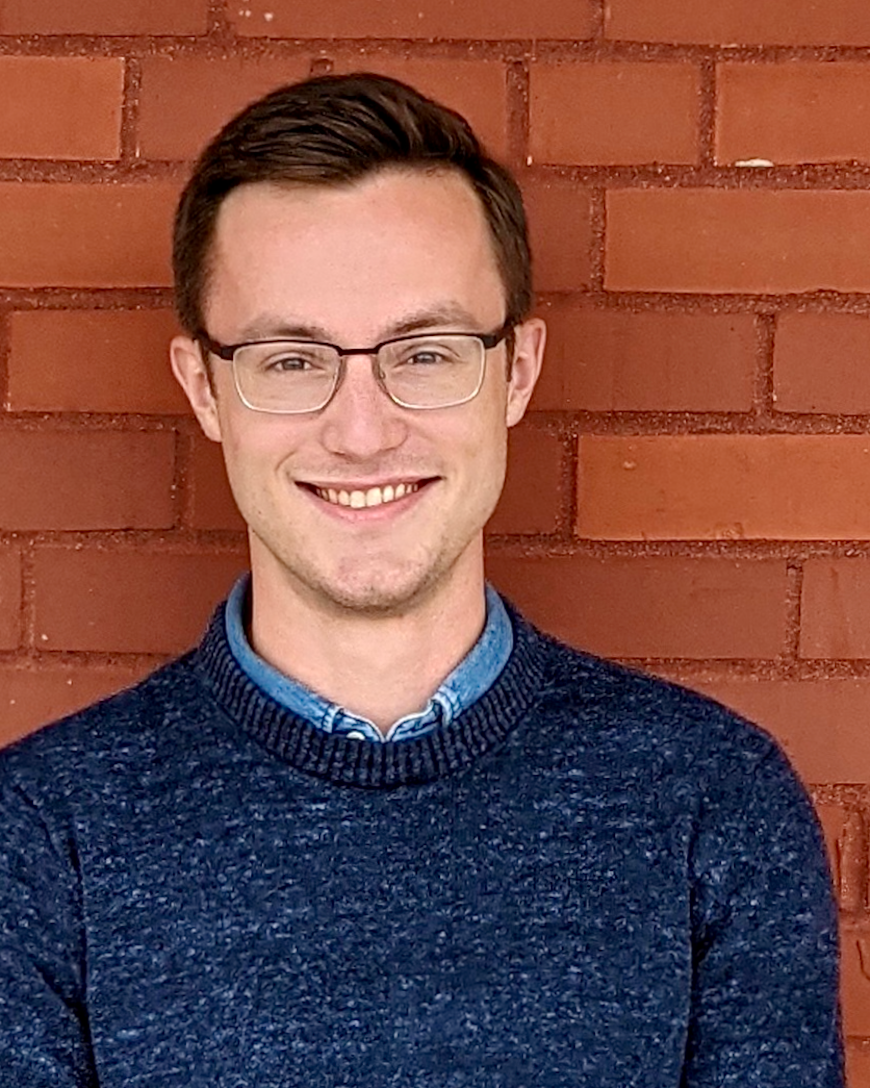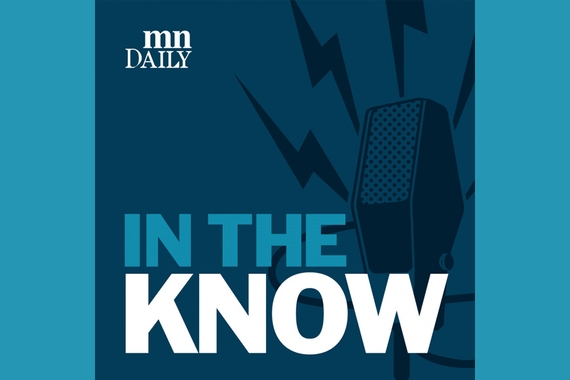Understanding Organizational Advocacy Efforts to Address Human Rights Violations
The Human Rights Program believes strongly in the importance of integrating professional experience with academic knowledge in the field of human rights, making internships a main requirement of the Master of Human Rights (MHR) degree program. Many students do amazing work with their host organizations and gain valuable field experience to supplement their human rights coursework. In this Q&A series, we interview our students to learn more about their experiences. In our third Q&A of the series, we are joined by David Clower, a second-year MHR student who interned with the The Advocates for Human Rights.
Human Rights Program (HRP): Can you tell us more about your educational background, specifically at the University of Minnesota. Also, what human rights experience did you have prior to this internship, and what are your substantive interests in human rights?

David Clower (DC): I received a bachelor’s degree in political science from Macalester College, with a focus on international politics and human rights. This led me to work in refugee resettlement after college, which in turn led me to pursue the Master of Human Rights degree at the University of Minnesota. During the first year of my studies, I had the opportunity to take a number of courses addressing migration and refugee issues. I am particularly interested in the legal and policy environment surrounding forced migration and in international and domestic advocacy efforts to address these challenges and the attendant human rights violations.
HRP: Why did you decide to work with The Advocates for Human Rights?
DC: I applied to intern with The Advocates because their work addresses a range of human rights issues in which I am interested, including immigration and international justice. I had previously volunteered for the organization and was familiar with their work in a variety of contexts; I also heard positive accounts from peers and mentors at the Humphrey School. The internship offer I received was not precisely in this interest area, but I was excited for the opportunity to gain hands-on experience at a major human rights advocacy organization and see how they go about their mission.
HRP: Please describe your role in the organization and some of the major responsibilities you had or projects you completed.
DC: I was the Training and Technical Assistance Intern, a position that was within the Research, Education, and Advocacy Program but involved working with other program areas as well. I worked on a number of projects, relating to asylum access, labor trafficking, and human rights monitoring. As part of this work, I researched relevant legislation and best practices, developed informational materials and online trainings for professional audiences and the wider public, and refined these products through feedback from colleagues and test users. I also helped create a new internship orientation platform that will be used by future interns at the organization.
HRP: How does this experience compare to or complement your human rights coursework?
DC: The strategies by which The Advocates work to advance human rights clearly fit within the theoretical perspectives I learned about in my Human Rights Advocacy class. It was interesting to see the various ways international human rights standards are made relevant – policy advocacy, public engagement, and direct services to clients all serve the broader goal of making the promise of human rights a reality for more people. I was able to apply the skills and knowledge I have developed in the MHR program, and at the same time, the experience further contextualized many of the issues I am studying.
HRP: How did the internship add to your professional experience and personal growth? How do you see it impacting your career trajectory?
DC: My internship gave me the opportunity to work with and learn from people who have made a career advancing human rights. It was useful to see how different projects and strategies come together as part of a wider effort to address human rights issues. In addition to the professional experience, I also came away with a better understanding of where I see myself within this effort. Specifically, I have learned that I prefer to work directly with clients in at least some capacity, or to have a more concrete sense of how my work is making a difference.
HRP: What advice do you have for other MHR students as they decide how to approach their internships?
DC: A summer internship is a great opportunity to step outside of your comfort zone and explore new types of work and organizations. While it can be an excellent way to make professional connections and potentially even lead to a job in the future, it is also important to remember that an internship is fundamentally part of your education. Take advantage of the opportunity to learn about the issues, the organization, and most importantly yourself. Reflect on what you find fulfilling, seek to better understand your strengths and weaknesses, and push yourself to grow professionally and personally.


